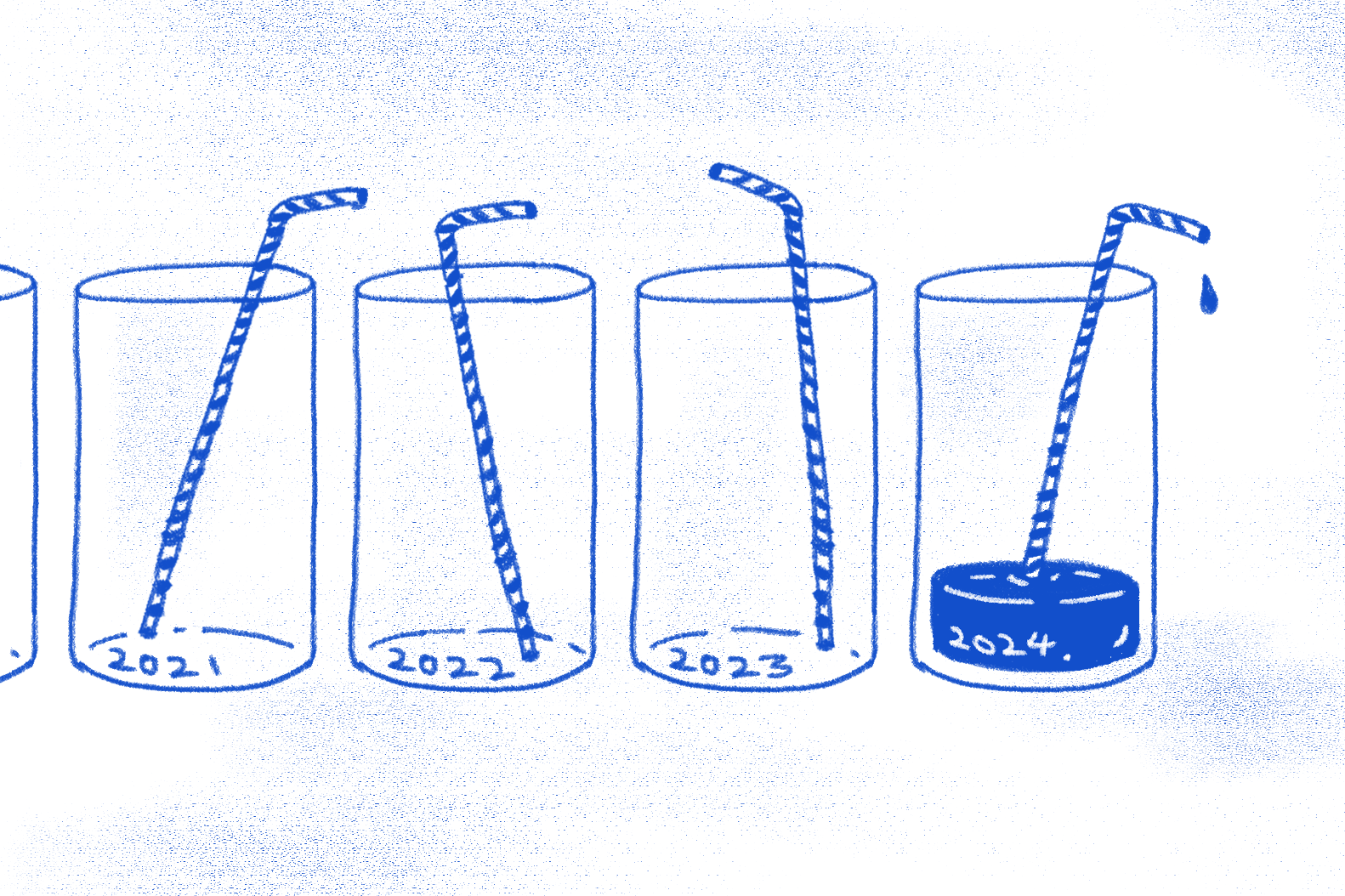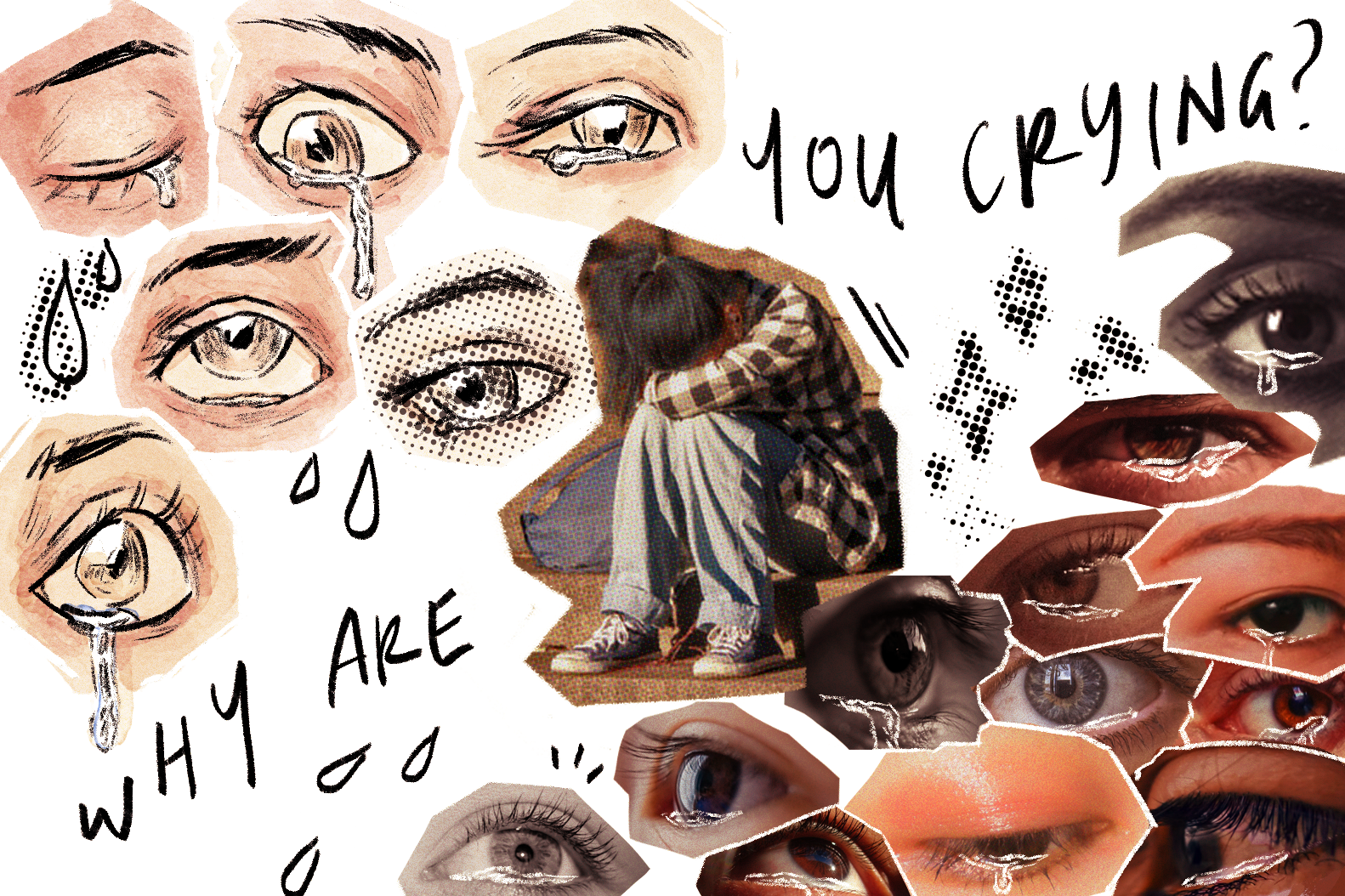A few years ago, I was one of the first responders to a suspected suicide.
We received the news through a disruption in a regular meeting: First a knock on the door, then friends whispering … “I think someone jumped”.
By instinct, I sprinted outside to where a crowd had started to gather. That was when I saw the man lying there, his face pressed against the grass.
“We don’t know who he is right?” I nodded to the question, squatting where I was, squinting to get a better look at the man’s face.
I couldn’t help but notice his closed eyes — how his hands and legs lay on the ground. I wondered if he could have somehow survived the fall and still thought about what it meant if he didn’t. When my friends came by, I gave them a brief update, noting that the man’s identity was still unknown.
Then someone asked, “Isn’t that Johnny*?” Only then did I see him in the man who lay sprawled on the ground.

Johnny and I were not close but were closely connected through friends.
We hung out in a group once, more than half a year before that. For the purposes of proper decorum, I was friendly but reserved. We didn’t talk much, only acknowledging each other with nods or smiles on the occasions that we ran into each other.
When the paramedics arrived, the ambulance didn’t leave for the hospital immediately. Instead, they set up the tent.
How do you grieve someone you knew — but who barely knew you? Are you allowed to get emotional over the loss of someone whose Facebook request you didn’t accept because you preferred your social circles to be neat?
How do you ask friends and family for support, even while you’re ready to be angry at an insensitive comment or too many questions asked? How do you talk about a suspected suicide while respecting the family’s wishes by not calling it such? Should you get to feel anything about someone you only shared a few moments with?
And most of all: could I please stop making this about myself?
I didn’t feel sad initially.
In fact, I didn’t feel anything until the weight of what had happened finally hit me squarely in my chest, settling there. Then I only wanted to wear black, and I actually felt offended by people who were audacious enough to wear bright colours.
My chest felt funny for the next few days. Maybe despite not knowing Johnny well, this was something big. Maybe I was not okay.

As it happened, I was scheduled to serve in the worship team that following weekend.
The thought of having a whole afternoon occupied by worship practice brought me huge relief. Worship had taken me through all sorts of heartbreak and heartaches through the years by reminding me who my God is and what He could do in these situations.
While I didn’t expect to feel significantly better, I considered worship practice to at least be a positive and productive distraction from the nagging discomfort in my chest.
You give life, You are Love
You bring light to the darkness
You give hope, You restore
Every heart that is broken
Great are you Lord
We were leading Great Are You Lord for the first time that weekend. I badly wanted those opening words to be true. Because it felt like despite everything … Death had won.
I secretly hoped for supernatural relief in worship or by receiving prayer, but found nothing there. Instead, some semblance of normalcy would return as I stepped into the usual routines the following week.
A month after Johnny passed, I went back to the grass patch to say my goodbyes that evening.
Clinging to the lyrics of Great Are You Lord, I lit a tealight candle to remind myself of my God who brings life and light. In darkness, as long as there’s light, it shines. Even the smallest light shines bright.
I can only thank God that through Jesus, Death — the thief of hope and lives — was crushed at Calvary. From then on, I would take every mention of suicide seriously and never ever speak carelessly about mental health.
By going back to the site, I assumed that since I had begun this process of closure, the awful feelings would promptly begin to leave. However, it all turned out to be a much slower and longer journey.
But the grief will pass away, and I will heal as I wait for redemption. When fear and anxiety come knocking, I will look to Jesus. I will get help. And in all these things, I cling to the hope that Christ will come again.
Because when He does, He will take us to a place where there is no more suffering and no more death.
* Names have been changed for confidentiality.









